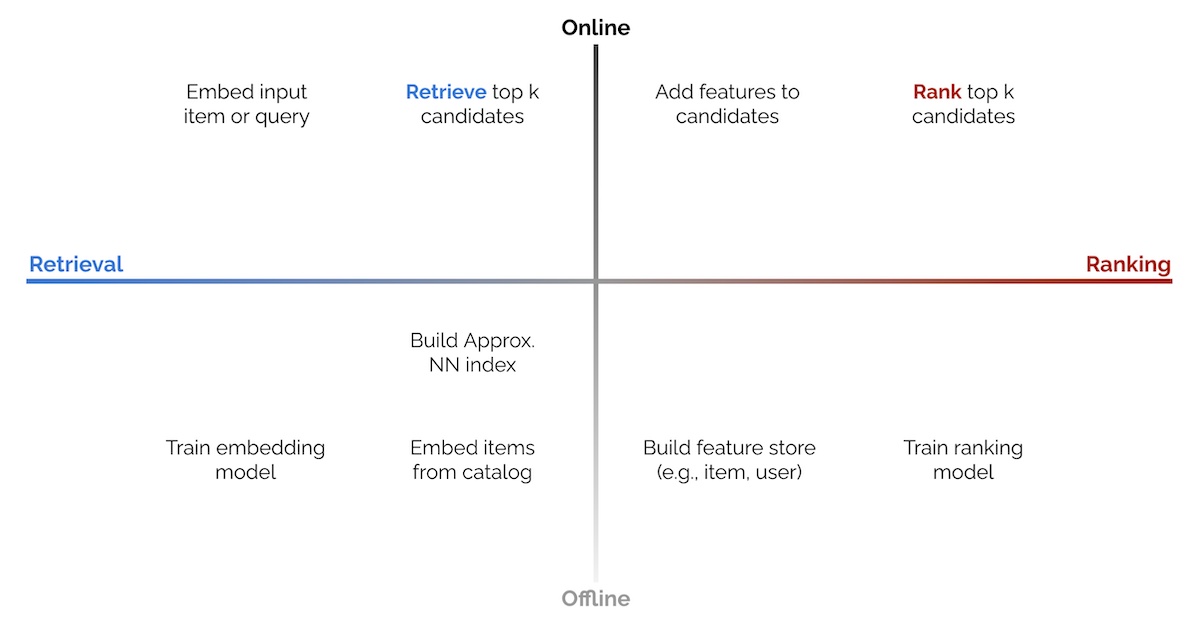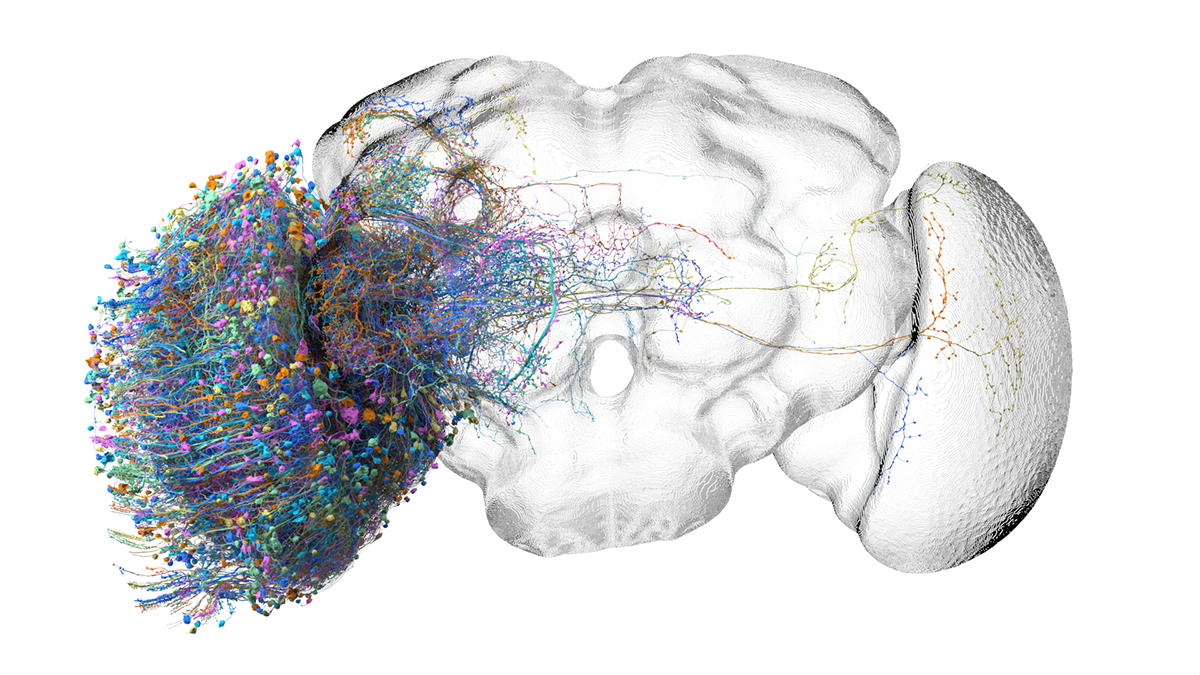
The effect of morning vs evening exercise training on glycaemic control and serum metabolites in overweight/obese men: a randomised trial
Diabetologia (2021 )Cite this article
We determined whether the time of day of exercise training (morning vs evening) would modulate the effects of consumption of a high-fat diet (HFD) on glycaemic control, whole-body health markers and serum metabolomics.
In this three-armed parallel-group randomised trial undertaken at a university in Melbourne, Australia, overweight/obese men consumed an HFD (65% of energy from fat) for 11 consecutive days. Participants were recruited via social media and community advertisements. Eligibility criteria for participation were male sex, age 30–45 years, BMI 27.0–35.0 kg/m2 and sedentary lifestyle. The main exclusion criteria were known CVD or type 2 diabetes, taking prescription medications, and shift-work. After 5 days, participants were allocated using a computer random generator to either exercise in the morning (06:30 hours), exercise in the evening (18:30 hours) or no exercise for the subsequent 5 days. Participants and researchers were not blinded to group assignment. Changes in serum metabolites, circulating lipids, cardiorespiratory fitness, BP, and glycaemic control (from continuous glucose monitoring) were compared between groups.
Twenty-five participants were randomised (morning exercise n = 9; evening exercise n = 8; no exercise n = 8) and 24 participants completed the study and were included in analyses (n = 8 per group). Five days of HFD induced marked perturbations in serum metabolites related to lipid and amino acid metabolism. Exercise training had a smaller impact than the HFD on changes in circulating metabolites, and only exercise undertaken in the evening was able to partly reverse some of the HFD-induced changes in metabolomic profiles. Twenty-four-hour glucose concentrations were lower after 5 days of HFD compared with the participants’ habitual diet (5.3 ± 0.4 vs 5.6 ± 0.4 mmol/l, p = 0.001). There were no significant changes in 24 h glucose concentrations for either exercise group but lower nocturnal glucose levels were observed in participants who trained in the evening, compared with when they consumed the HFD alone (4.9 ± 0.4 vs 5.3 ± 0.3 mmol/l, p = 0.04). Compared with the no-exercise group, peak oxygen uptake improved after both morning (estimated effect 1.3 ml min−1 kg−1 [95% CI 0.5, 2.0], p = 0.003) and evening exercise (estimated effect 1.4 ml min−1 kg−1 [95% CI 0.6, 2.2], p = 0.001). Fasting blood glucose, insulin, cholesterol, triacylglycerol and LDL-cholesterol concentrations decreased only in participants allocated to evening exercise training. There were no unintended or adverse effects.




















